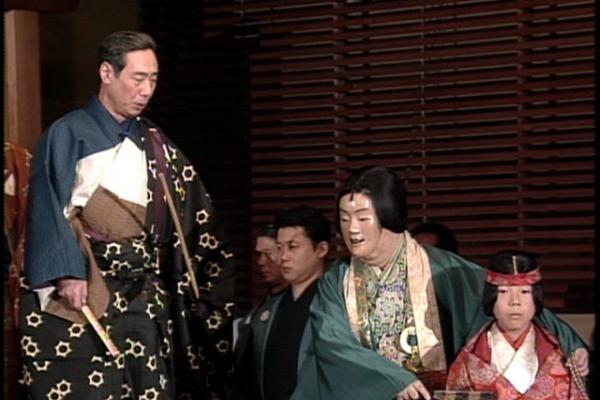
The Institute for Japanese Studies presents:
Reginald Jackson
Associate Professor, Premodern Japanese Literature and Performance
University of Michigan
"Staging Enslavement: Gestural Economies and the Question of Personhood in Medieval Japanese Performance"
Flyer: Jackson Flyer [PDF]
Abstract: How might dramatic portrayals of slavery help us rethink the relation between labor, personhood, and performance? I consider such portrayals through readings of the writings of master Noh actor, playwright, and theorist Zeami Motokiyo (1363–1443), and the play Jinen Koji (Genuine Preacher Jinen), a Zeami revision in which enthralling dances liberate a slave. The play’s plot is simple: Filial girl sells herself into slavery to pay for parents’ funeral rites. Daring Buddhist preacher dances to purchase her freedom. But what might these coupled exchanges say about calibrated gestures’ capacity to reshape how human life was valued within medieval Japan? What types of physical exertions, emotional transactions, and potentials for solidarity does the figure of the slave mobilize—and toward what ends? I argue that Zeami deploys spectacles of gestural economy to question economies of enslavement, rewrite histories of dispossession, and pose alternatives to performers’ dehumanization.
